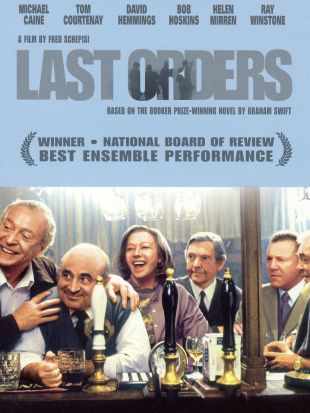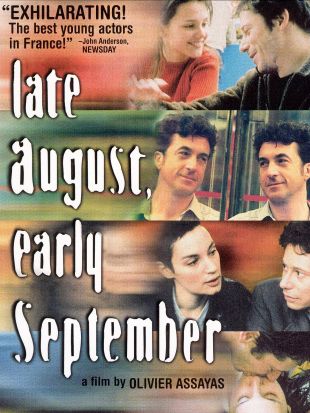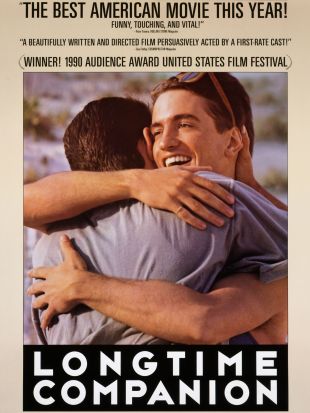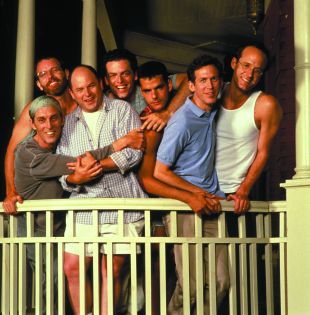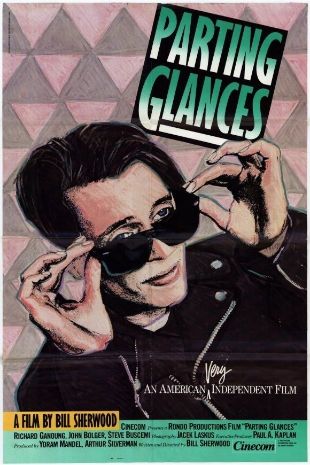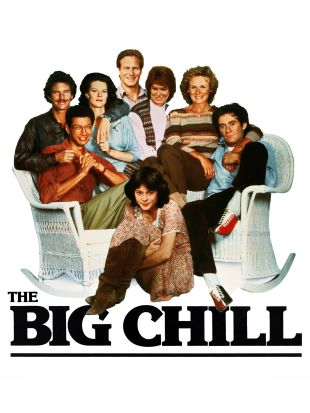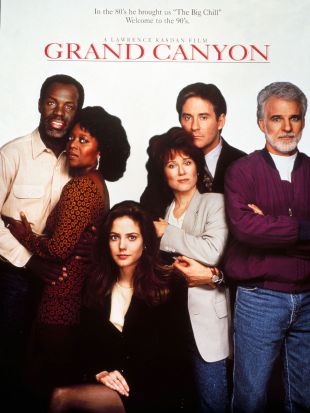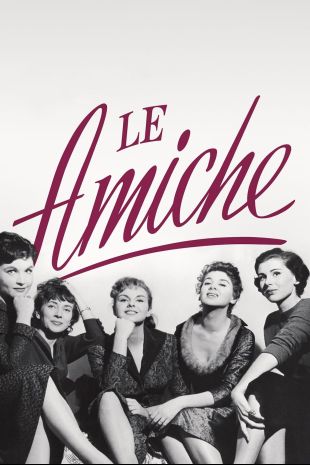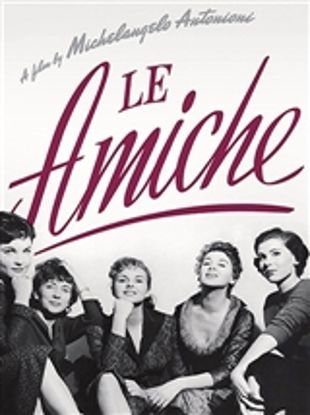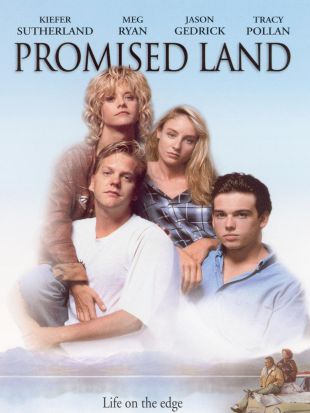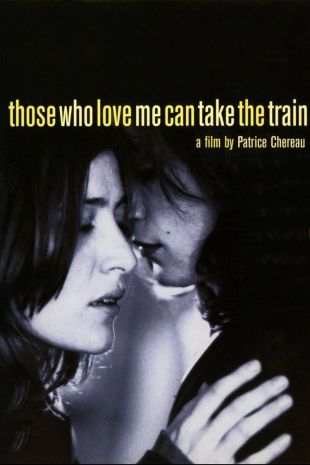
Those Who Love Me Can Take the Train (1998)
Directed by Patrice Chéreau
Genres - Drama |
Sub-Genres - Psychological Drama, Reunion Films, Ensemble Film, Gay & Lesbian Films |
Release Date - Aug 5, 1999 (USA) |
Run Time - 122 min. |
Countries - France |
MPAA Rating - NR
Share on
Synopsis by Bhob Stewart
Patrice Chereau (Queen Margot) directed this French drama about a train trip to an artist's funeral. Friends of painter Jean-Baptiste Emmerich (Jean-Louis Trintignant, seen in flashbacks) gather at a Paris railroad station for a four-hour journey to Limoges, where Emmerich wanted to be buried. The dozen travelers include art historian Francois (Pascal Greggory) and his lover Louis (Bruno Todeschini), who develops an interest in teenage Bruno (Sylvain Jacques). Traveling parallel with the train is a station wagon with Jean-Baptiste's body, and this vehicle is driven by Thierry (Roschdy Zem), husband of Catherine (Dominique Blanc), who's on the train with their daughter. Francois plays a taped interview with Jean-Baptiste, revealing his sexual appeal to both men and women. Lucie (Marie Daems) is convinced that she was his main love. Also on board is his nephew, Jean-Marie (Charles Berling) and Jean-Marie's estranged wife, Claire (Valeria Bruni-Tedeschi), After the funeral in "Europe's largest cemetery," the storyline continues in the mansion of Jean-Baptiste's brother, Lucien (also played by Trintignant). With hand-held camerawork for almost two-thirds of the film, the production involved two extra cars connected to a real scheduled train, headed one way in the morning and returning in the afternoon, with cast and crew logging some 12,000 kilometers over two weeks. Source music runs the gamut from James Brown to Jim Morrison. The title refers to the dying words uttered by the painter -- which actually are the last words spoken by filmmaker Francois Reichenbach who died in 1993 (and appropriated here by his friend, co-scripter Daniele Thompson). One of Francois Reichenbach's best-known films (and subject of an entire book) is the documentary Medicine Ball Caravan (aka We Have Come for Your Daughters,1971), a curious effort to duplicate the success of Woodstock (1970) by simply inviting a large number of musicians, hippies, and counterculture types aboard a cross-country train and filming the result. Shown in competition at the 1998 Cannes Film Festival.
Characteristics
Keywords
artist, funeral, friendship, train [locomotive], brother, mansion, wake [funeral]
